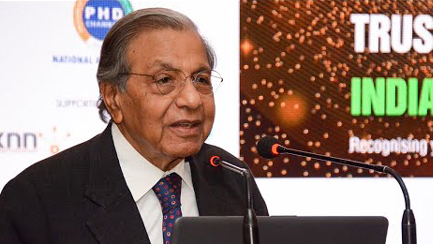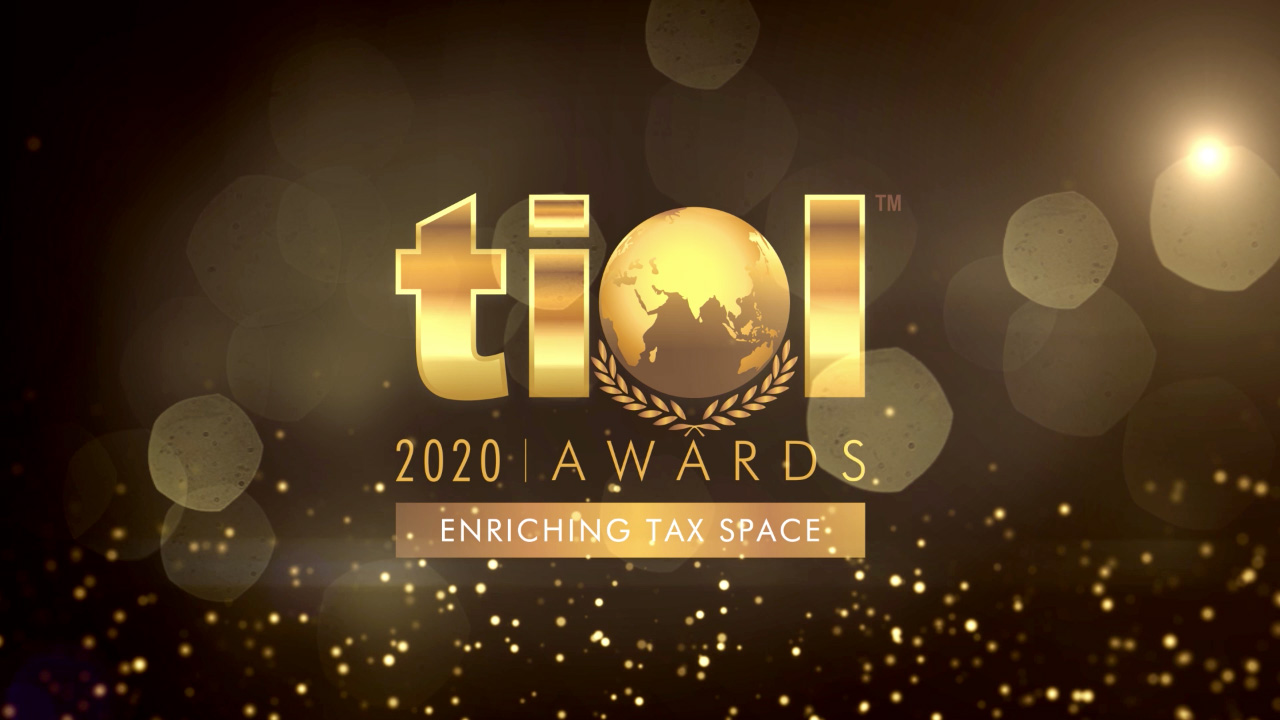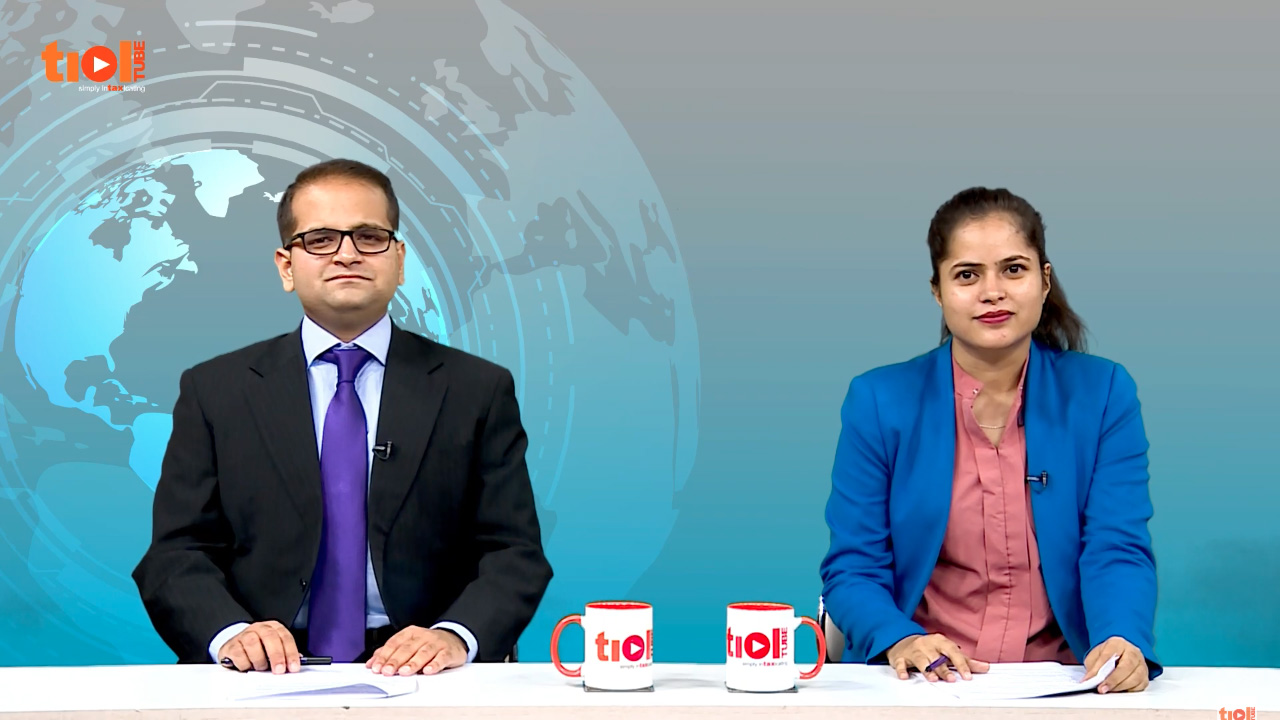| SERVICE TAX 2019-TIOL-3466-CESTAT-BANG
Bank of Baroda Vs CCT
ST - The assessee provides taxable services falling under Banking and other financial services during the relevant period and paid service tax and also filed returns - The bank also acts as an agent for the RBI for carrying out various Govt transactions involving receipt and payment on behalf of Central and State Governments and also receives commission for carrying out such transactions - The Govt does not maintain any account with the bank - In respect of pension payments, the bank parts its funds first and reimbursement is claimed from the corresponding Department or Ministry except in case of PPF - The bank also carries out the sub-treasury functions - SCN was issued raising duty demand under proviso to Section 73 r/w Section 66 & 68 of the Finance Act along with interest and penalty u/s 78B - On adjudication, the demand for interest was confirmed but penalty was dropped - Hence the present appeal.
Held - The issue at hand stands resolved by the Tribunal's decision in the case of Vijaya Bank wherein it was held that the appellant therein being an agent of the RBI is not liable to pay service tax on Government business - Further, the appellant therein was found to have paid the service tax even before collecting the same from the RBI and that the appellant had complied with the mandate of Section 73A(2) - In such case, the demand for interest u/s 75 was found to be untenable as the appellant therein was not found liable to pay service tax u/s 68 - Considering the findings of the Tribunal in such case, the demands raised in the present case merit being set aside: CESTAT
- Assessee's appeal allowed: BANGALORE CESTAT
2019-TIOL-3465-CESTAT-DEL
Cosmos Collection Vs CCE
ST - The assessee-company, engaged in trading in various items, also held registration with the Sales Tax Department. It later undertook interior decor work, wherein the terms of contract included supply of labor as well as of material. Service tax registration was obtained under Commercial and Industrial Construction Service u/s 65(25)(b) of the Finance Act 1994 - The assessee separately reflected the value of material and labor in the bills for the interior work done - Sales tax was charged accordingly on the material component and service tax on the labor component - The assessee was filing return both under VAT and service tax provisions - Upon audit, it appeared to the Revenue that the assessee wrongly availed benefit under Notfn No 01/2006-ST and that the gross value of the service had been undervalued - Hence the Revenue opined that the assessee should pay service tax on the gross value which is inclusive of material components and that the assessee is liable to pay service tax on entire gross receipt under Construction service and for another period on the gross value, under the head Commercial and Industrial Construction of Complex Service - SCN was issued invoking extended limitation and raising duty demand for the relevant period along with demand for cess - It was also proposed to appropriate the amount already deposited with interest and to impose penalties u/s 76, 77 & 78 of Finance Act 1994 - On adjudication, the duty demand was partly confirmed, as were penalties u/s 76 & 78 - Hence this appeal.
Held - The assessee maintained proper records of its transactions and filed regular returns with the Revenue - It also got its accounts audited by a CA - Regular returns were filed with the Sales Tax Department for sale of material - The Apex Court in Larsen & Toubro Vs Union of India held that prior to 01.06.2007, in any composite contract wherein both supply of material and labor is involved, such contract would not attract service tax prior to such date, when works contract was introduced as a taxable service providing for segregation of the material and labor component, for purposes of taxing the labor component - Hence for the period between 01.01.2004 to 30.05.2007, no service tax can be demanded from the assessee - Regarding the period between 01.06.2007 to 31.03.2009, no case of fraud, suppression or falsification of account or returns, on part of the assessee - The SCN is prima facie based on change of opinion on part of the Revenue - Based on such change of opinion, the extended period of limitation cannot be invoked - Hence the SCN and the consequent O-i-O merits being set aside: CESTAT
- Assessee's appeal allowed: DELHI CESTAT
CENTRAL EXCISE
2019-TIOL-3464-CESTAT-DEL
Diamond Plaster Ltd Vs CCE
CX - The assessee is engaged in manufacture of wall putty, decorative white cement and other exterior cement paints - It is also a matter of fact and record that during the visit of officers at the factory premises, certain quantities of wall putty, decorative white cement of brand name 'Diamond Gold' and 'Suraksha Gold' were found lying in the factory premises and same were seized under section 110 of Customs Act, 1962 - The price of 'Diamond Gold' brand as well as for 'Suraksha Gold' brand for 40Kgs packing of wall putty is same at Rs.1050/- - The assessee have failed to adduce any concrete evidence to contradict the findings of adjudicating authority - Therefore, nothing wrong found in adopting the MRP which was found mentioned on the packing of finished goods which was put for seizure at the factory premises of assessee for deciding the effective rate of clearance for relevant financial years - No illegality found in the seizure and confiscation of finished goods under Rule 25 of CER, 2002 as it has been established that same was manufactured with the brand name of other persons and the manufacturing has taken place without taking valid registration from the Central Excise Department and the assessee have been clearing the dutiable goods without payment of Central Excise duty - The issue of classification for the decorative white cement and its implication of applicability of Rule 3 of Legal Metrology (Packaged Commodities) Rules, 2011 is raised before this Tribunal only - This ground has never been taken by assessee before the adjudicating authority and therefore, raising a fresh ground of defence before the Tribunal on which the adjudicating authority has not given any finding, is legally not maintainable - Investigation has established beyond doubt that the assessee have been engaged in manufacture of wall putty and decorative white cement with the brand name of some other person and on the basis of record of clearances recovered by investigation team, it is established that the assessee have crossed exemption limit which is available for SSI units and therefore, they should have been taken a proper Central Excise registration - They were also required to make clearances of products manufactured and branded with other persons brand name on payment of Central Excise duty which they have failed to do - Tribunal does not find any shortcomings so far as the O-I-O is concerned and as a result, refrain from interfering with the findings of O-I-O: CESTAT
- Appeals dismissed: DELHI CESTAT
CUSTOMS
2019-TIOL-3463-CESTAT-MUM
Honda Siel Cars India Ltd Vs CC
Cus - Appellant had imported cars (CBU) and later, on sale of the same, filed refund of 4% SAD (Special Additional Duty) in terms of Notification No. 102/2007-Cus dated 14.9.2007 - A SCN was issued proposing rejection of the said refund claims mainly on the grounds that the appellants have failed to establish correlation between the imported cars and the cars sold, secondly the hurdle of unjust enrichment could not be crossed - On adjudication, the refunds were rejected – as the appellants failed before the Commissioner (Appeals), they have filed appeal before CESTAT.
Held: Appellant has demonstrated on sample basis before the Bench by referring to the Chasis/frame and engine no. of the imported cars and the ones shown in the respective sales documents indicating that the same cars (CBU) that were imported had been sold by them satisfying the condition of Notification No. 102/2007-Cus dated 14.9.2007 - in support of their argument that the burden of 4% SAD has been borne by them, the appellant produced a Chartered Accountant's Certificate certifying that the burden of duty has been borne by them, by comparing the value of the cars imported & sold indicating that refund amount has not been collected from their customers; also the refund amount due to the Appellant has been reflected in the respective balance-sheet as receivable - Since both sides fairly agree that the exercise of scrutiny of these documents had not been properly carried out by the authorities below, therefore, the matter needs to be remanded to the adjudicating authority - Appeal is allowed by way of remand - de novo adjudication be completed not later than four months: CESTAT [para 8]
- Matter remanded: MUMBAI CESTAT | 


ADAHEAD_15.jpg)





